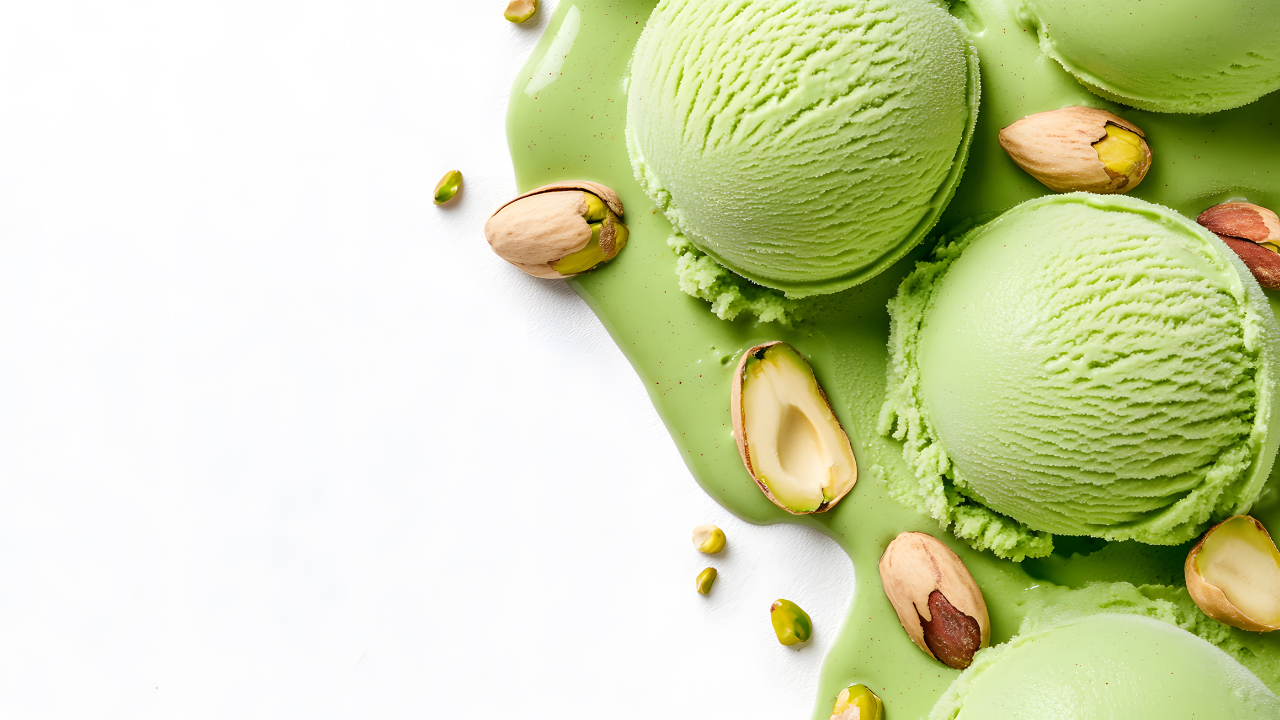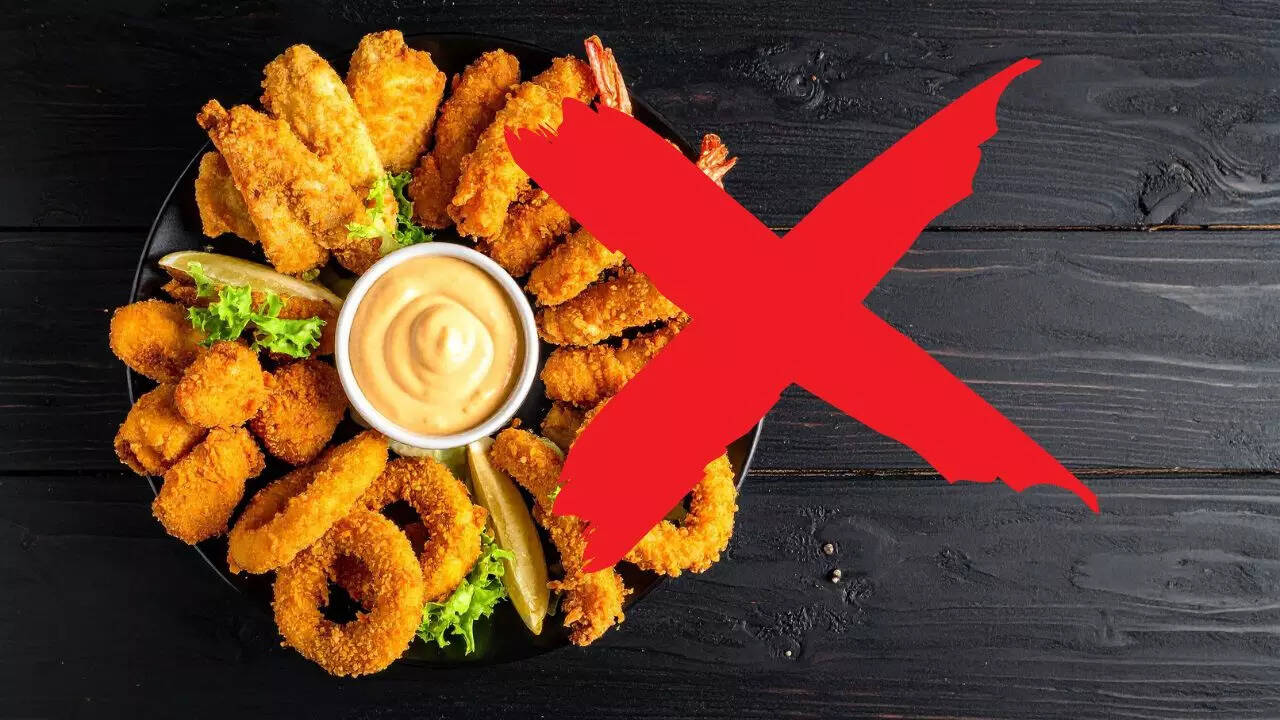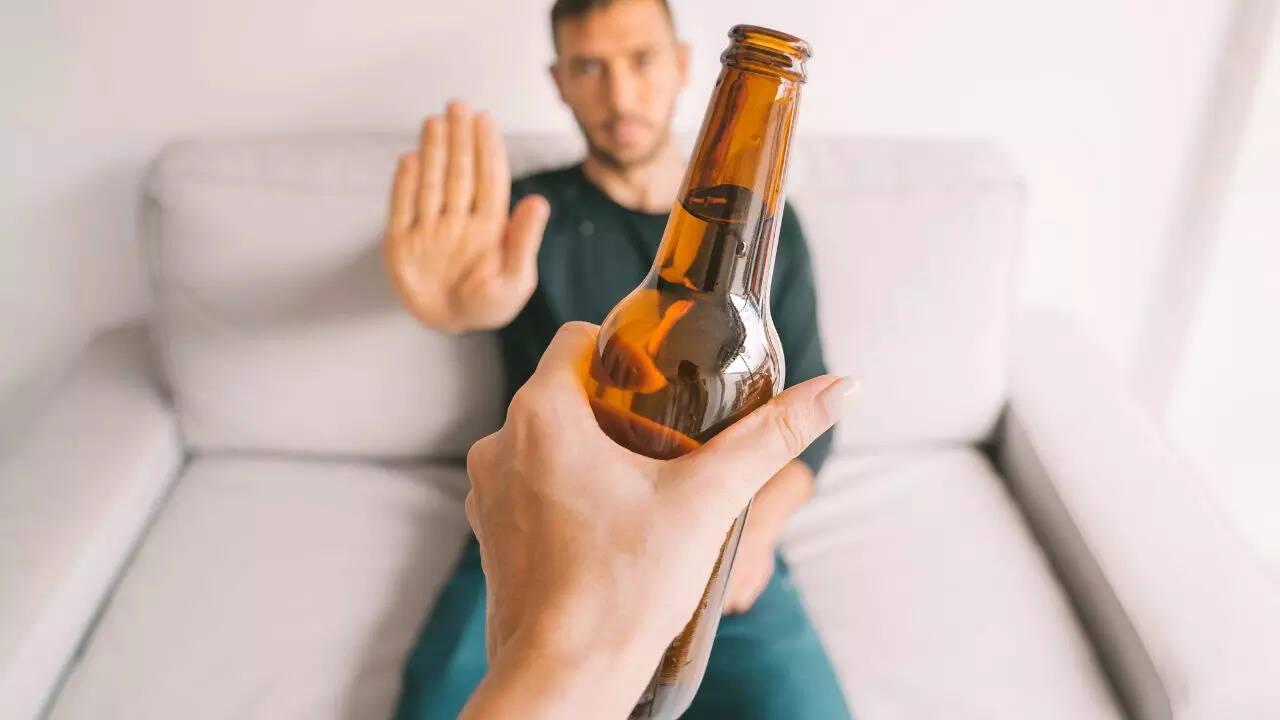ARTICLE AD BOX

If you plan to sleep like a baby, it is crucial to consider what you consume before hitting the pillow. A top doctor advises avoiding certain foods and drinks before bed for better sleep. Desserts, caffeinated beverages, fried foods, excessive water, and alcohol can disrupt sleep cycles, leading to discomfort and reduced sleep quality. Limiting intake of these items a few hours before bedtime is recommended.
If you plan to sleep like a baby, it is crucial to consider what you consume before hitting the pillow. Yes, that’s right. Getting a good night’s sleep is about more than just a comfortable mattress and the right temperature.
Everything that leads up to the last few hours before bed really matters, especially what you consume. In a video shared on Instagram, Dr Manan Vora, a leading orthopaedic surgeon and sports doctor, talks about some foods and beverages that one should avoid before going to bed. What are they? Let’s take a look.Desserts

Saving some room for dessert during dinner is not a good idea. That post-dinner ice cream or chocolate treat may give you a momentary dopamine hit, but it will be followed by dark circles and brain fog the next day.
Though eating desserts, especially ice cream after dinner, is quite normalised, it is not good for sleep. “As tempting as it may be, the sugar and fat content in ice cream can delay digestion and disturb your sleep cycle,” Dr Vora said.
The high sugar content will cause blood sugar spikes, and the fat content will significantly slow down digestion. It’s a recipe for disaster.Caffeinated drinks

Sipping some coffee or tea in the evening may feel relaxing, but it is going to kill your sleep. “Caffeinated drinks like tea and coffee contain caffeine, a stimulant that can keep you awake by increasing brain activity and interfering with your ability to fall asleep,” the doctor said. The caffeine will interfere with your plan to wind down. A recent study by the University of Texas found that nighttime caffeine consumption can increase impulsive behaviour, potentially leading to reckless actions. This could absolutely explain your urge to buy all the items in your online shopping cart.
For those who struggle with sleep, it is best to avoid caffeine at least four to six hours before bedtime.Fried food

Deep-fried food, in general, is not your health’s ally. If at all you are giving in to your cravings, try to avoid eating fried food in the hours leading up to your bedtime. Why? “Fried foods are high in fat and can be difficult to digest, leading to discomfort and potentially disrupting your sleep. Additionally, fried foods may cause heartburn or indigestion, making it challenging to sleep peacefully,” Dr Vora said.
So, it may be better to save your broasted chicken or crispy fried dreams for the next day.Excessive water

This may come as a surprise, but sometimes even water may work against your sweet dreams. Wait, what? You aren’t supposed to drink water at night? Well, you can consume water, but not in excess. “Surprisingly, consuming large amounts of water before bed can disrupt sleep with multiple trips to the toilet. Try limiting your fluid intake a few hours before bedtime,” the doctor said. Drinking too much water before bed contributes to nocturia, a condition of waking up several times a night to urinate, according to the Sleep Foundation.
This will be especially prominent for people with certain conditions, such as kidney disease or diabetes, or those who are taking diuretic medicines.Alcohol

Many people believe a nightcap helps them sleep better. But guess what? It’s a misconception. Alcohol does not benefit your body in any way, let alone provide you with restful sleep. “Alcoholic beverages act as diuretics, increasing urine production and leading to frequent trips to the bathroom throughout the night, which can disrupt your sleep,” Dr Vora said.So the next time you are planning your dinner, keep these in mind. Because sometimes even the things we assume harmless, in this case, excessive water can really keep you awake all night.
Note: The information provided in this article is for educational purposes only and is not intended as medical advice. Always consult a qualified healthcare professional before starting any new medication or treatment, or before changing your diet or supplement regimen.

 2 hours ago
4
2 hours ago
4









 English (US) ·
English (US) ·